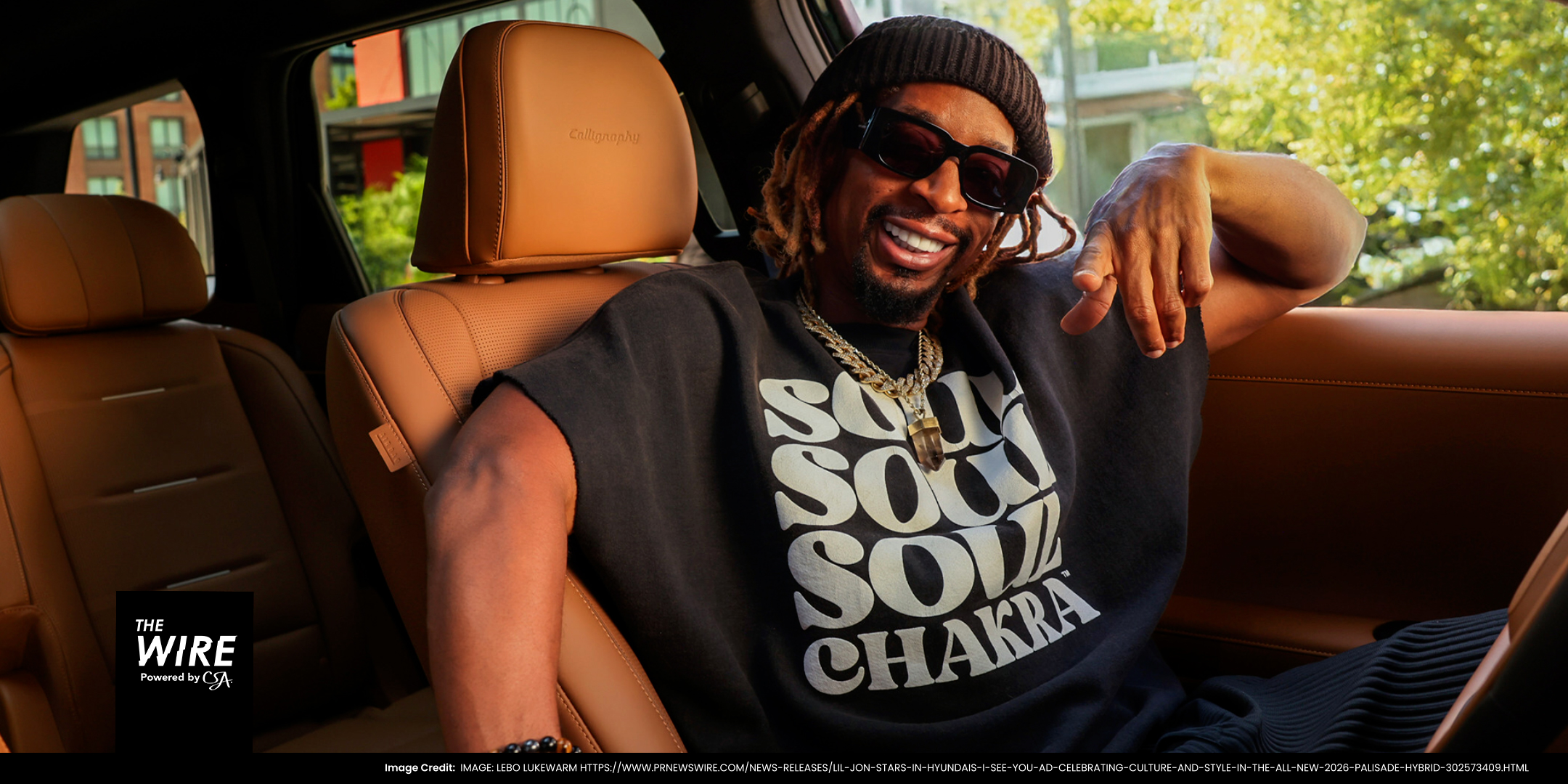- 71% of TikTok users demand authenticity, yet most brands still fake it.
- Web traffic is collapsing, social engagement sinking—clinging to old tactics will end your brand
- AI churn is killing trust: 61% trust creators, only 38% trust brand content.
- 2026 is the year of unshittification: create culture with soul or lose everything.
If there was ever a moment when brands must radically rethink how they connect with consumers, that moment is now. 2026 heralds the era of unshittification, coined by Cory Doctorow, it reverses the decay of digital platforms that sacrifice user experience for profit. It’s about rebuilding trust, prioritizing authenticity, ethical pricing, and transparency over exploitation, to restore meaningful connection, customer satisfaction, and long-term value in an era of platform decay. This isn’t just a buzzword; it marks a seismic shift away from AI-generated, formulaic, overly polished content toward a hunger for real, raw, intentional, and human marketing. The stakes could not be higher.
After years of content overload, and let’s be honest, social exhaustion, consumers are slamming the brakes. They’re fed up with the “fake, the fast, and the formula.” Data shows 71% of TikTok users still want brands to show up, but they crave authentic creator-like content, not sterile ads masquerading as entertainment . The race is on for marketers to behave like creators, injecting value, personality, and humanity into every post.
What does this look like in practice? Meet Hyundai’s 2026 Palisade Hybrid campaign.
Instead of a glitzy, disconnected car ad, Hyundai partnered with Culture Brands, a Black-owned agency, and hip-hop icon Lil Jon. The campaign celebrates culturally rich moments: from HBCU homecomings to block parties, delivering a warm, real portrayal of Black family life that resonates deeply. This is storytelling with a purpose, authenticity, and emotional truth, not just product specs. It’s a masterclass in culture marketing that earned Hyundai authentic community engagement and buzz beyond car enthusiasts.
But authenticity can’t be a one-off stunt. Consistency builds movements.
Look no further than Dove’s Real Beauty campaign, sparking global conversations on self-esteem for over 20 years. Dove’s unwavering commitment transformed a soap brand into a powerful social change agent, demonstrating that long-term consistency is the cornerstone of trust and cultural relevance. Bold campaigns win awards, but persistent content builds legacies and loyal audiences.
Why are brands failing? Because AI is no longer enough.
AI can help churn out content at scale, but it’s the human creativity and ethical leadership behind the tech that cuts through the noise. AI-generated content is now a commodity, bland, repetitive, uninspired, and consumers see right through it. According to Cannes Lions research, 61% of consumers trust creator content versus just 38% trusting brand content. Brands that don’t integrate human insight, culture fluency, and ethics into AI risk irrelevance and backlash.
The urgency couldn’t be greater.
Web traffic is plummeting due to AI search and zero-click content. Engagement on social is declining. Email alone won’t save you. Brands that don’t adapt will lose market share, social relevance, and top talent as creative professionals gravitate toward authentic, future-ready companies.
In essence:
- Stop making ads; start creating culture.
- Show up consistently with real stories, not just sales pitches.
- Leverage technology with humanity as your North Star.
If 2026 is the year of unshittification, then the choice is clear: innovate with soul or be left behind. This moment demands courage, creativity, and a long-term commitment to winning hearts, not just clicks.
For marketers daring enough to embrace this new paradigm, 2026 offers an unprecedented opportunity to redefine brand culture and consumer trust. But for those clinging to old tactics, the writing is on the wall. The unshittification revolution will not wait.

